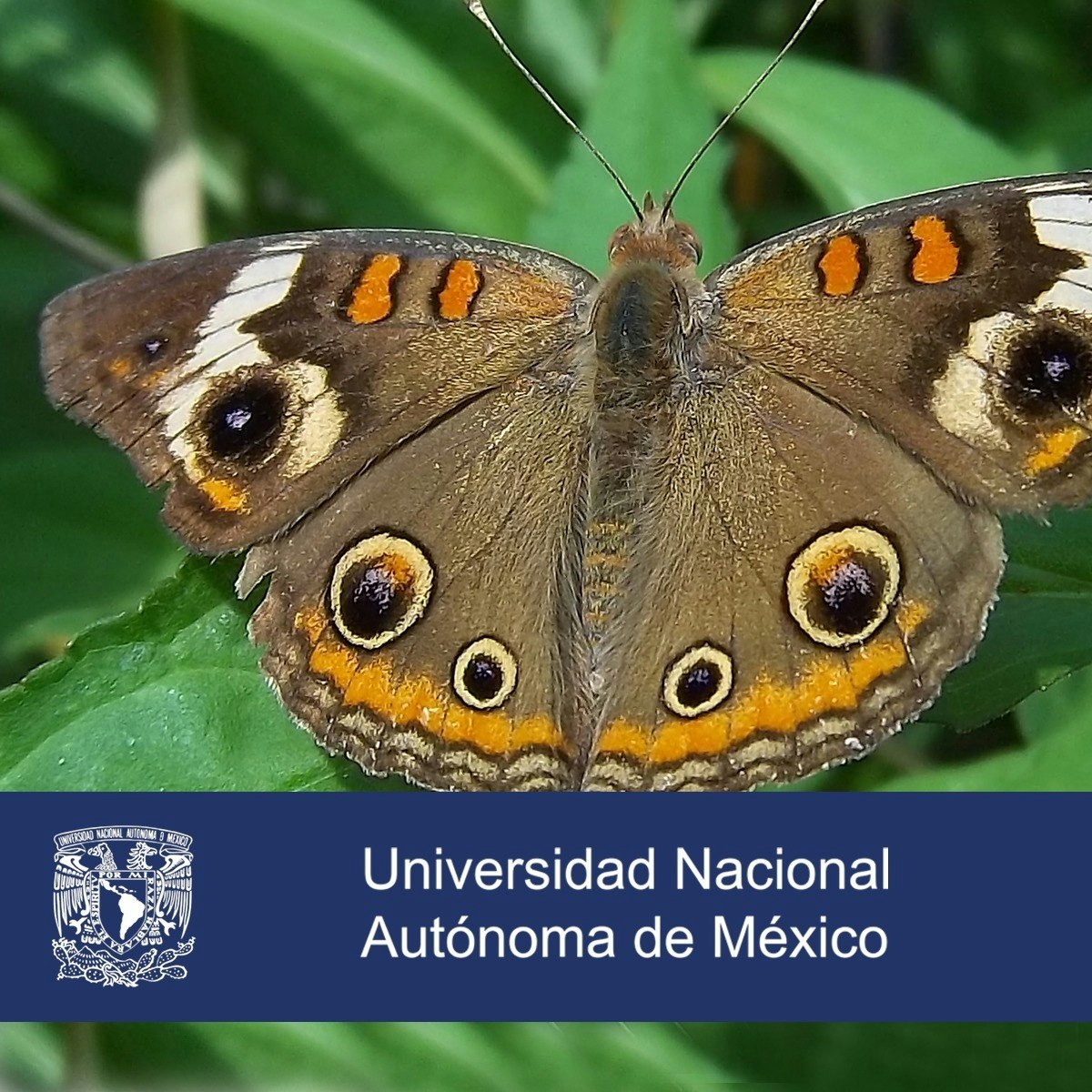
En este curso desarrollarás una visión amplia de la biología evolutiva así como su comprensión, explicación y el desarrollo de las habilidades que le permitan argumentar las diferencias entre la Síntesis Moderna y la Síntesis Extendida; la relación entre evolución y biología del desarrollo (Evo-Devo), la complejidad de los conceptos centrales de la plasticidad fenotípica, la herencia inclusiva, y la teoría de la construcción de nichos. Además, desarrollarás habilidades para aplicar el marco de la Síntesis Extendida para la construcción de nuevo conocimiento en su área de investigación o docencia.
What's inside
Syllabus
Biología evolutiva del desarrollo (Evo-Devo)
Plasticidad fenotípica
Herencia inclusiva
Read more
Syllabus
Good to know
Save this course
Activities
Seguir tutoriales en línea sobre Evo-Devo
Show steps
Complementa las sesiones del curso con recursos adicionales para profundizar tu comprensión de Evo-Devo.
Show steps
-
Explorar plataformas en línea y recursos para tutoriales de Evo-Devo
-
Seleccionar tutoriales relevantes para tu nivel de comprensión
-
Seguir cuidadosamente los pasos y ejemplos proporcionados en los tutoriales
Show all one activities
Seguir tutoriales en línea sobre Evo-Devo
Show steps
Complementa las sesiones del curso con recursos adicionales para profundizar tu comprensión de Evo-Devo.
Show steps
- Explorar plataformas en línea y recursos para tutoriales de Evo-Devo
- Seleccionar tutoriales relevantes para tu nivel de comprensión
- Seguir cuidadosamente los pasos y ejemplos proporcionados en los tutoriales
Career center
Evolutionary Biologist
Paleontologist
Research Scientist
Conservation Geneticist
Naturalist
Microbiologist
Zoologist
Developmental Biologist
Geneticist
Molecular Biologist
Bioinformatician
Ecologist
Physiologist
Science Educator
Science Writer
Reading list
Share
Similar courses
OpenCourser helps millions of learners each year. People visit us to learn workspace skills, ace their exams, and nurture their curiosity.
Our extensive catalog contains over 50,000 courses and twice as many books. Browse by search, by topic, or even by career interests. We'll match you to the right resources quickly.
Find this site helpful? Tell a friend about us.
We're supported by our community of learners. When you purchase or subscribe to courses and programs or purchase books, we may earn a commission from our partners.
Your purchases help us maintain our catalog and keep our servers humming without ads.
Thank you for supporting OpenCourser.



